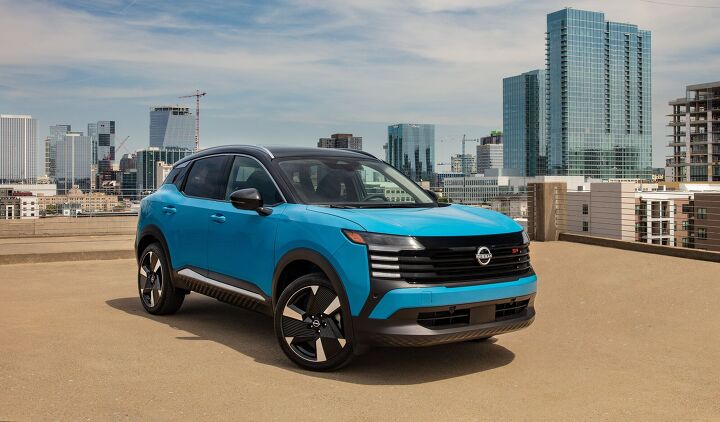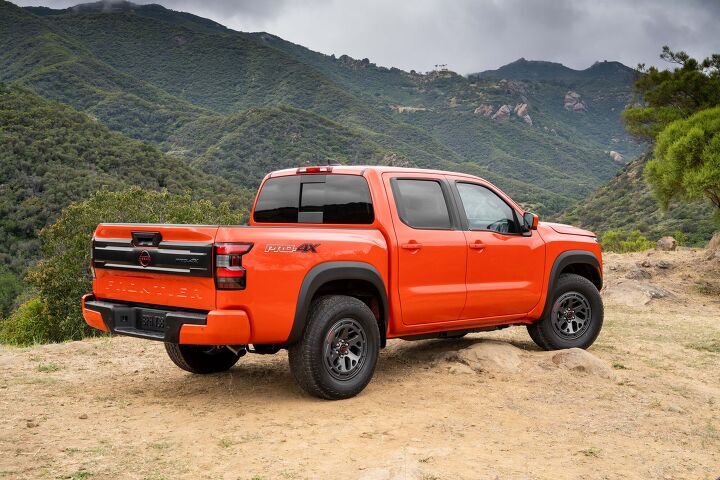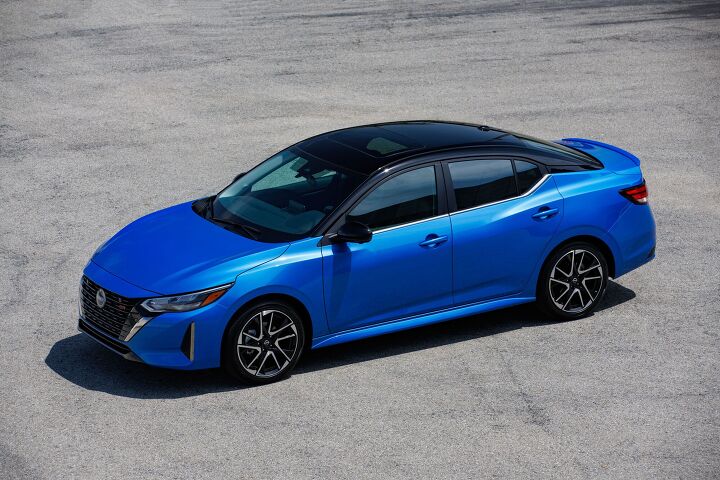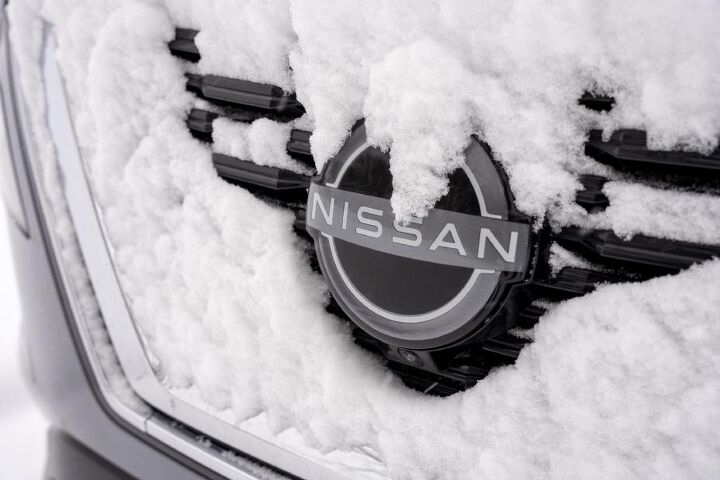Plenty of automakers are restructuring and changing course in the hopes of realigning with the realities of the market. Job cuts and factory slowdowns look to be a staple of the industry in the coming years. However, Nissan seems to be approaching a situation where it’s preparing to lob a Hail Mary. The Japanese manufacturer is prepared to do some serious downsizing and hunting for new investors — with leadership not pulling any punches when conveying this to the public.
“We have 12 or 14 months to survive,” a senior official reportedly told the Financial Times this week.
The automaker is presently stalling the launch of several new models and planning to reduce its global production capabilities by 20 percent, which includes laying off roughly 9,000 employees, as it pivots to a self-described “emergency mode.”
Despite previously owning nearly half of all Nissan shares, Renault has begun selling them off to deal with its own problems. The French automaker is coming off a profitability high and is now seeing all-electric vehicles (something it stressed would become the core of its business) losing demand on the market. It’s trying to prepare for itself for lean times and presumably sees Nissan as a liability, selling shares in response.

Renault now owns only about 15 percent of Nissan (the rest is tied up in a French trust) with analysis assuming it’ll continue offloading stock. Needless to say, the Renault–Nissan–Mitsubishi Alliance remains in rough shape — with Nissan likewise selling off shares of partner Mitsubishi and hunting for fresh investors, ideally the extra-large kind.
From Financial Times:
Nissan is searching for an anchor investor to help it survive a make-or-break year as longtime partner Renault sells down its holding in the crisis-hit Japanese carmaker.
Two people with knowledge of the talks said Nissan was seeking a long-term, steady shareholder such as a bank or insurance group to replace some of Renault’s equity holding, as Nissan finalises [sic] the terms of its new electric vehicle partnership with arch-rival Honda.
Honda buying up Nissan shares could even be a potential solution, with Renault saying it’s not wholly against the idea. But the two Japanese brands are likewise caught up in the aforementioned EV partnership, with Nissan potentially cancelling some of the resulting products as concerns about the profitability of all-electric vehicles continue to mount.
Another problem is the fact that Nissan is seeing declining volumes in the world’s two largest markets. Unfortunately, customers in China and the United States want very different things. The former is seen as a growth market with a penchant for extremely affordable models, EVs, and luxury vehicles that prioritize space over power with extravagant interiors. By contrast, the United States trends more toward powerful luxury vehicles with less busy cabins, midsize models catering to middle-class customers, and has less of an appetite for all-electric products. The average transaction prices are decidedly different, too. Chinese customers spend an average of $26,000 per vehicle, whereas Americans spend roughly $49,000 on average — with U.S. consumers signaling a strong need for cheaper models.
Nissan effectively needs to cater to both regions in order to thrive.

While I’m not about to praise Nissan for delivering top-shelf automobiles. It does have the ability to field models that compete with Japanese rivals at a lower price point. If you’re interested in small, affordable cars or crossovers (many of which don't use turbochargers), Nissan is probably somewhere you should at least be looking. Your author has considered the Nissan Frontier over the all-new Toyota Tacoma, noting that the latter model just seemed a tad overpriced.
But brands like Toyota and Honda typically receive favorable reliability ratings, a higher resale value, and likewise tend to boast nicer interiors with more advanced technologies. If those things are less important to you than a lower MSRP, then I’d just suggest heading over to Nissan and browsing models that don’t come equipped with a CVT. Otherwise, there are other nameplates out there to better suit your needs.
Regardless of the above, the Nissan-Renault relationship seems to be nearing its endpoint. The duo never really got along with Nissan doing what it could to stay autonomous from Renault’s sizable investment share. Despite Nissan owning 15 percent of the French automaker, it wasn’t until recently that the company had any voting rights due to Renault reducing its own voting shares to a commiserate 15 percent in 2023.
The real question is what will happen next and whether or not Nissan can survive the coming storm. Odds seem decent that we’ll be losing several brands between now and 2030. Will Nissan be among them or will falling back on the fundamentals save the brand?

[Images: Nissan]
Become a TTAC insider. Get the latest news, features, TTAC takes, and everything else that gets to the truth about cars first by subscribing to our newsletter.
Source: The Truth About Cars


